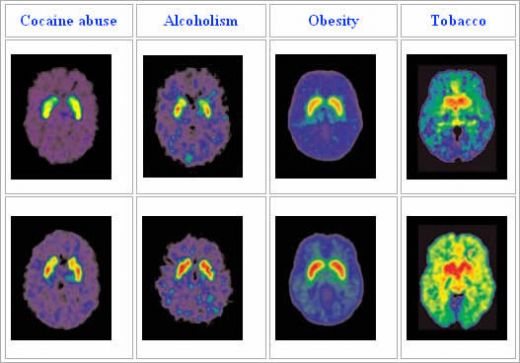Too long in gestating: an overdue inquiry into the Abortion Act
Whatever your view of abortion, there are too many abortions, and too many of them are too late. Even abortion’s fiercest advocates don’t pretend that it’s a Good Thing – just the lesser of two evils.
In 2010 there were 189,574 abortions in England and Wales – an 8% increase in a decade. The tightly policed regime envisaged in 1967, when the Act became law, hasn’t existed for ages, if indeed it ever did. There is abortion on demand, whatever the statute book says.
1967 was a long time ago. There have been many medical advances and societal changes since then. It’s time to take stock of the Act.
That’s what a recently announced cross-party commission, to be chaired by Fiona Bruce MP, will do.
It will focus, rightly, on two issues: medical advances and attitudes to discrimination.Read More »Too long in gestating: an overdue inquiry into the Abortion Act



